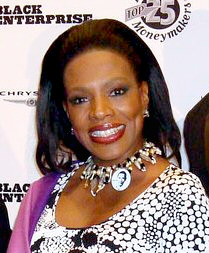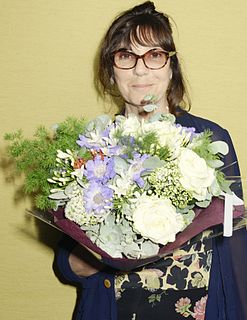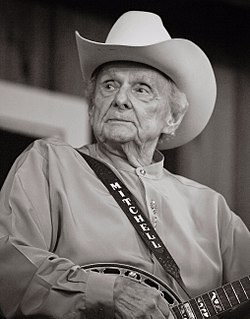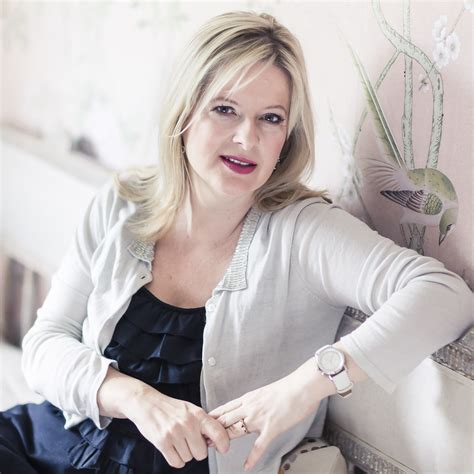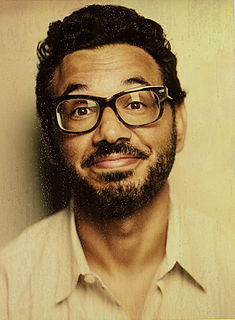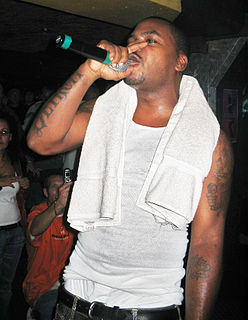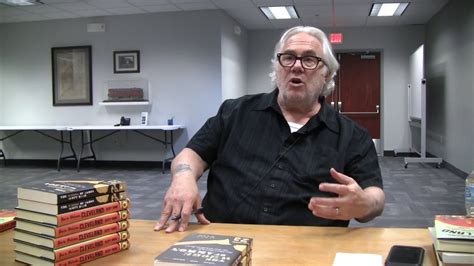A Quote by Nikolaj Coster-Waldau
My old mother, she has no idea what's going on in this world.
Related Quotes
The idea of the book ["The Japanese Lover"] came in a conversation that I had with a friend walking in the streets of New York. We were talking about our mothers, and I was telling her how old my mother was, and she was telling me about her mother. Her mother was Jewish, and she said that she was in a retirement home and that she had had a friend for 40 years that was a Japanese gardener. This person had been very important in my friend's upbringing.
Our mother always taught us to be in control of our voice and our bodies and our work, and she showed us that through her example. If she conjured up an idea, there was not one element of that idea that she was not going to have her hand in. She was not going to hand that over to someone. And I think it's been an interesting thing to navigate, especially watching you do the same in all aspects of your work: Society labels that a control freak, an obsessive woman, or someone who has an inability to trust her team or to empower other people to do the work, which is completely untrue.
A lot of people say that Eleanor Roosevelt wasn't a good mother. And there are two pieces to that story. One is, when they were very young, she was not a good mother. She was an unhappy mother. She was an unhappy wife. She had never known what it was to be a good mother. She didn't have a good mother of her own. And so there's a kind of parenting that doesn't happen.
My first banjo? My mother's sister, my aunt, lived about a mile from where we did, and she raised some hogs. And she had - her - the hog - the mother - they called the mother a sow - of a hog. And she had some pigs. Well, the pigs were real pretty, and I was going to high school and I was taking agriculture in school. And I sort of got a notion that I'd like to do that, raise some hogs. And so my aunt had this old banjo, and my mother told me, said, which do you want, the pig or a banjo? And each one of them's $5 each. I said, I'll just take the banjo.
My daughter, who is 7 years old - I have no idea where she learned this - she made a video where she's beat-boxing. We have no idea where the beat-boxing came from, but all of a sudden, there it was. Now we're launched into lyric sheets for every single song that is current. They're all over our house.
One thing I know is that it is a bad idea to marry someone who had bad parents. If they hated their mother, if they were hated by their mother or father, your marriage will pay for it in ways both obvious and subtle. When the chips are down, when someone is sick or loses their job or gets scared, the old patterns will kick in and he will treat you the way he treated his mother or the way she treated him.
From my mother came the idea that going down to the sea repaired the spirit. That is where she walked when she was sad or worried or lonely for my father. If she had been crying, she came back composed; if she had left angry with us, she returned in good humor. So we naturally believed that there was a cleansing, purifying effect to be had; that letting the fresh wind blow through you mind and spirits as well as your hair and clothing purged black thoughts; that contemplating the ceaseless motion of the waves calmed a raging spirit.



